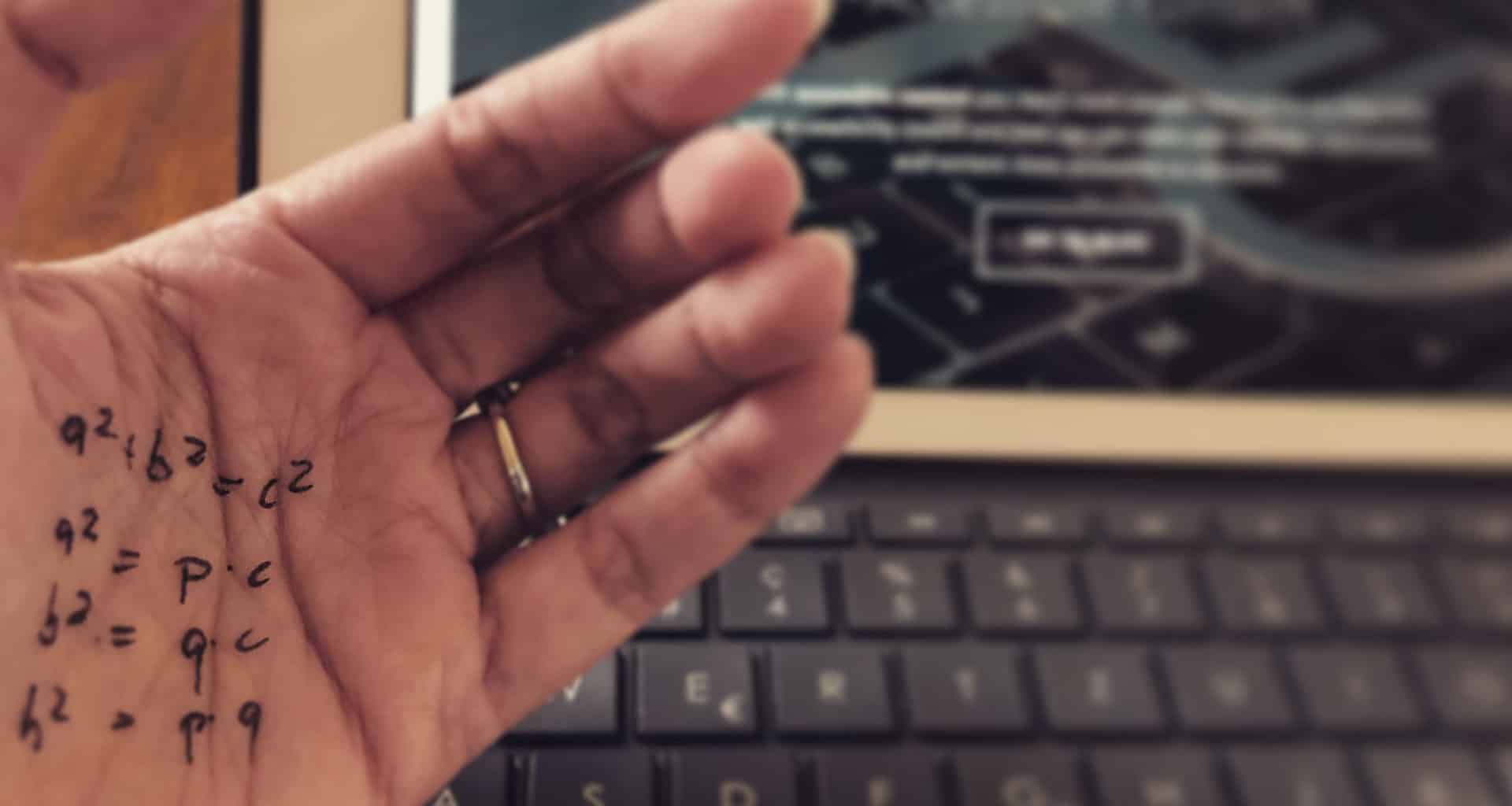A first hurdle was already the enrollment for studies. The university needed a certified copy of my Matura certificate. When I decided to study, I was in the USA. The document is in a box in my parents’ house. So, I requested a duplicate from my former school, made a copy of the duplicate, had it certified by the German Honorary Consul in Philadelphia, and then sent it by mail with all further registration documents. Shortly after that, I received the confirmation of enrollment. I did not receive the first delivery of the book until two months later, though, because the parcel got stuck in the parcel sorting office in Jersey City, New Jersey.
Autocomplete and Grammarly are curse and blessing
Of course, I could also download the books or the AKAD study letters as PDF files and read them on my iPad. But I learn best when I highlight something physically and solve exercises. Autocomplete when texting or tools like Grammarly are a blessing, but I observe with myself and with others that we have trouble to write error-free and beautifully by hand. However, typing error-free without any aids is a requirement for the written exams, which is why writing by hand is quite useful for me.
Exams anytime and anywhere – at least theoretically
Taking exams from abroad is a subject in itself. Although the remote study promises flexibility and location independence, borders are set to me nevertheless. The good news: From now on I can take all exams online. Until recently, I would have had to travel either to Stuttgart or to another examination location. Or I could have written the exam at a Goethe-Institut abroad, which costs more. I can now take the online exams conveniently from anywhere. At least that’s the theory.
Comfortable means in my case in the middle of the night
Of the four exams this semester, I have to enroll in three for a given date. These exams take place on a Saturday in February or March, at 8, 9 or 10 am. Central European Time. That means for me at night at 2, 3 or 4 am. So much for “comfortable and flexible”.
Immediate exam thanks to Examity
Only in one module can I write an immediate online exam. I can register for the exam when I feel ready and prepared. Examity, a company based in Massachusetts, enables the instant exam. Examity offers an online exam supervisor that is available 24/7. The online exam is conducted via the Cirrus platform. Via GoToMeeting, the exam supervisor monitors my screen and me.
To take the exam online, I have to follow some guidelines and rules of conduct.
- My desk must be empty.
- No material relevant for the test may be in the same room.
- I may not connect to a second screen.
- There must be no background noise in the examination room.
- Before the exam, I have to show the whole room with the camera.
- If the connection is interrupted for more than one minute, the online exam is considered a failed exam, unless I can prove that I did not intentionally cause the disconnection and am not responsible for it.
Digitization opportunities
The online exams, which take place four times a year per module, are not necessarily what I consider to be “flexible and location-independent”. The requirements for the immediate online exam also seem unrealistic. Empty workplace. No reference books. No aids. Yes, the exams are meant to test knowledge and skills. But let’s be honest: even the best experts in their field use reference books and other resources. The examination setup does not correspond to everyday professional life.
Despite these restrictions in terms of flexibility, I see opportunities in the online study for both universities and students. Imagine you can study whatever you want, no matter where the university is. No matter where you live. And it doesn’t matter if you have a disability. I believe in the digitalization of university studies and barrier-free universities.

